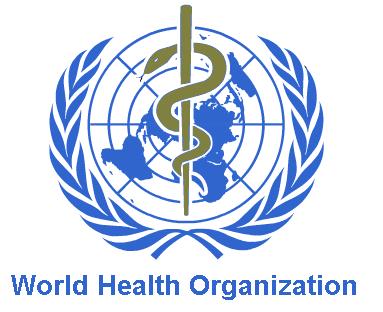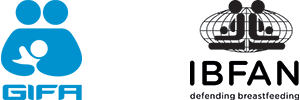
The WHO Executive Board Meeting has started today (23rd January) and continues until 1st February 2017. Much of this week will take place in closed meetings for the election of the new Director General of WHO. IBFAN’s statements on the Agenda items will appear on the WHO website. Here (and pasted below) is our statement for the Emergency Debate today. IBFAN STATEMENT ON INFANT FEEDING IN EMERGENCIES
Emergencies: breastfeeding – a lifeline in emergencies.
IBFAN is the global network that protects breastfeeding and works for policy coherence with WHO’s Resolutions.
Our work is especially important in emergencies, where responses are often characterized by influxes of unsolicited donations of all manner of baby feeding products – donations that can often do more harm than good.
Breastfeeding is a lifeline for infants and young children in emergencies, has zero environmental impact, and States have a human rights obligation to ensure that mothers are enabled to make an informed decision on infant feeding, free of conflicts of interests. Yet, breastfeeding is often forgotten or badly managed.
Meanwhile, media reports show starving babies and rarely question why they are not breastfed. IBFAN’s World Breastfeeding Trends Initiative assessment of policies and programmes on Infant feeding during emergencies show that implementation of UN recommendations on this is dismal.[1]
WHO – as a norm-setting, rather than implementing agency – can play a key role in reversing this situation by promoting emergency preparedness protocols that aim to improve food security in the long term. Such actions could even be opportunities for public health generally.
We know emergencies prompt philanthropy, but they are also opportunities for commercial exploitation and the Business of Malnutrition. While the speedy delivery of products can be essential in certain circumstances, emergency relief protocols must prevent over-emphasis on product-based, quick-fix approaches to the treatment of malnutrition, approaches that can undermine confidence in breastfeeding and sustainable, local, bio-diverse foods. If breastmilk substitutes are required they must be purchased, distributed and used according to the UN’s agreed strict criteria. Training is essential – to support breastfeeding, of course, but also to minimize the risks of artificial feeding for non breastfed children, whilst ensuring that breastfeeding is not undermined.
We look forward to continuing work with WHO on this important issue.
Thank you
[1] http://worldbreastfeedingtrends.org/84-country
http://worldbreastfeedingtrends.org/WBTi-84Country/84-country-report-Indicator9.pdf
